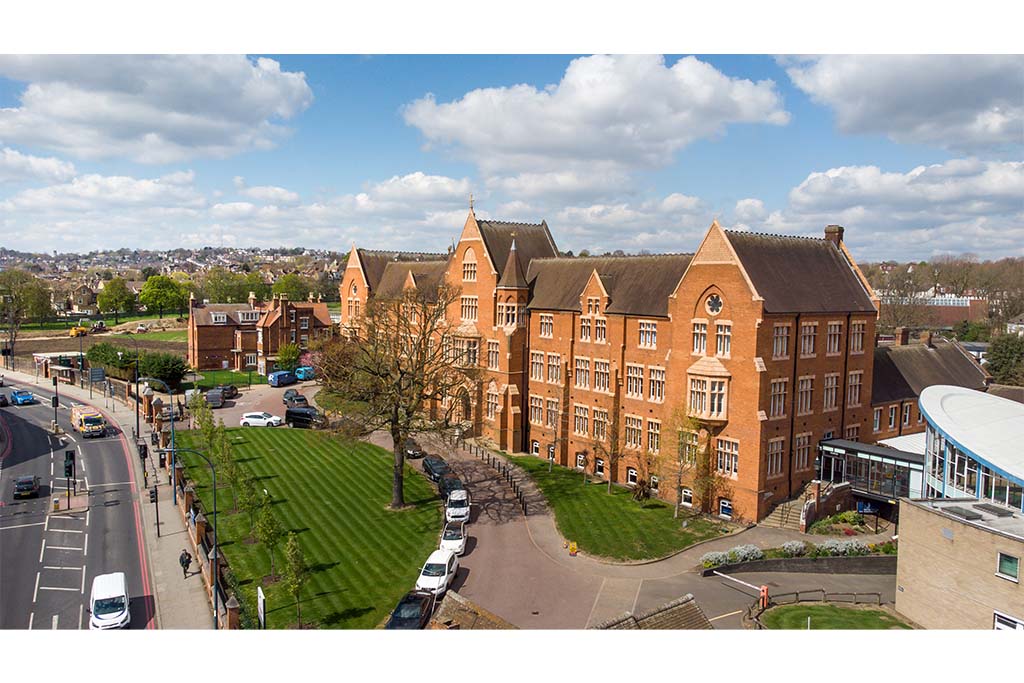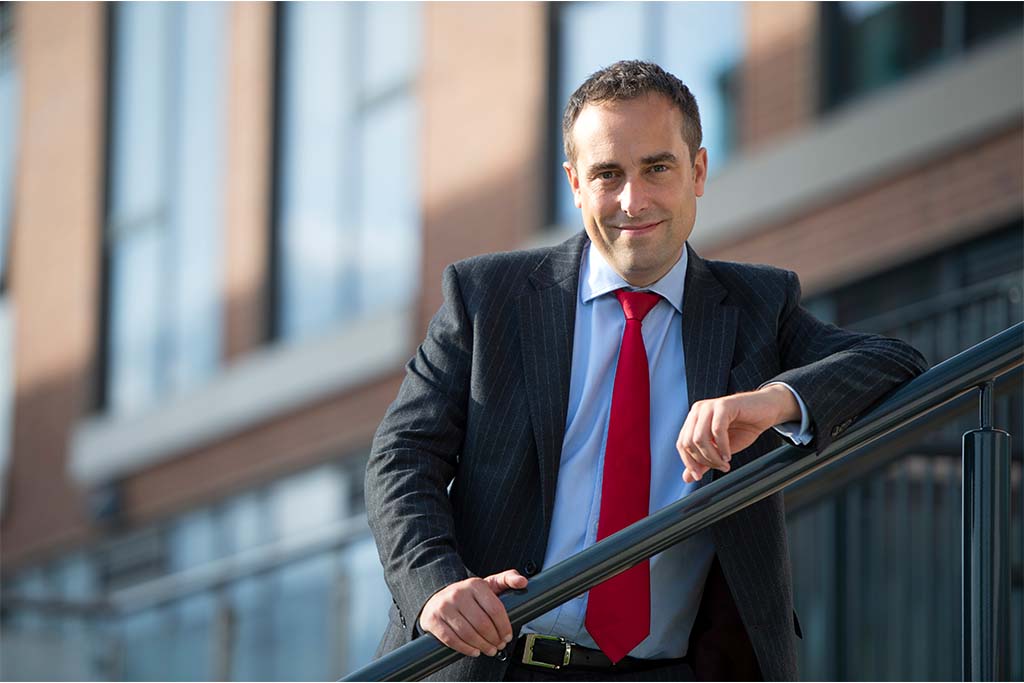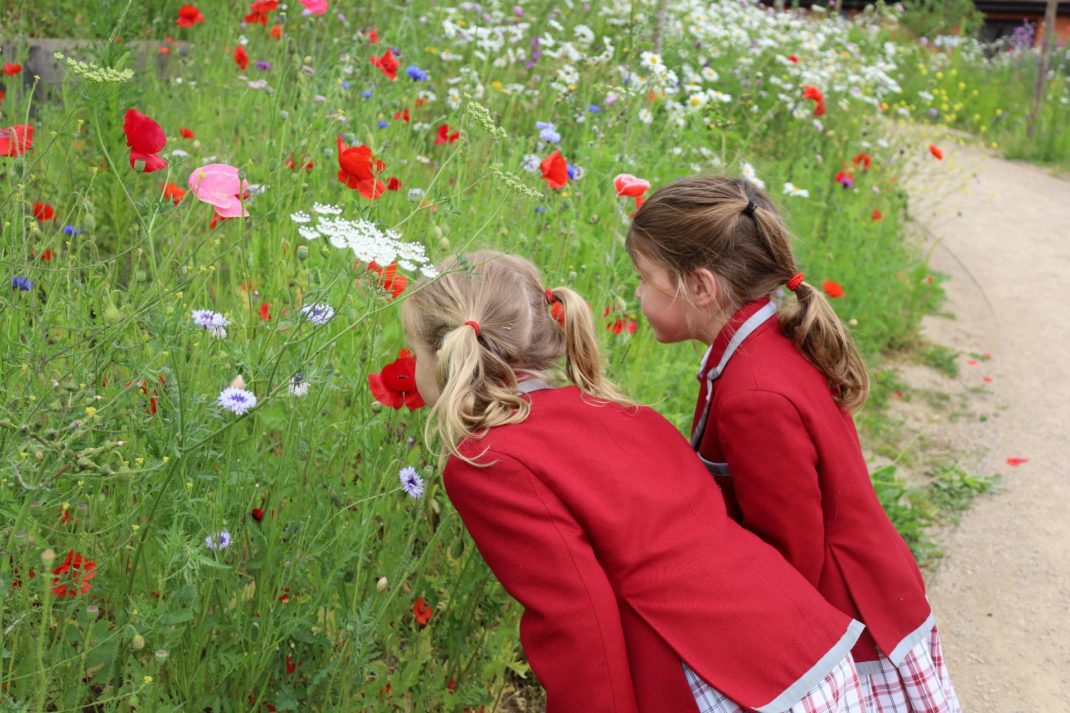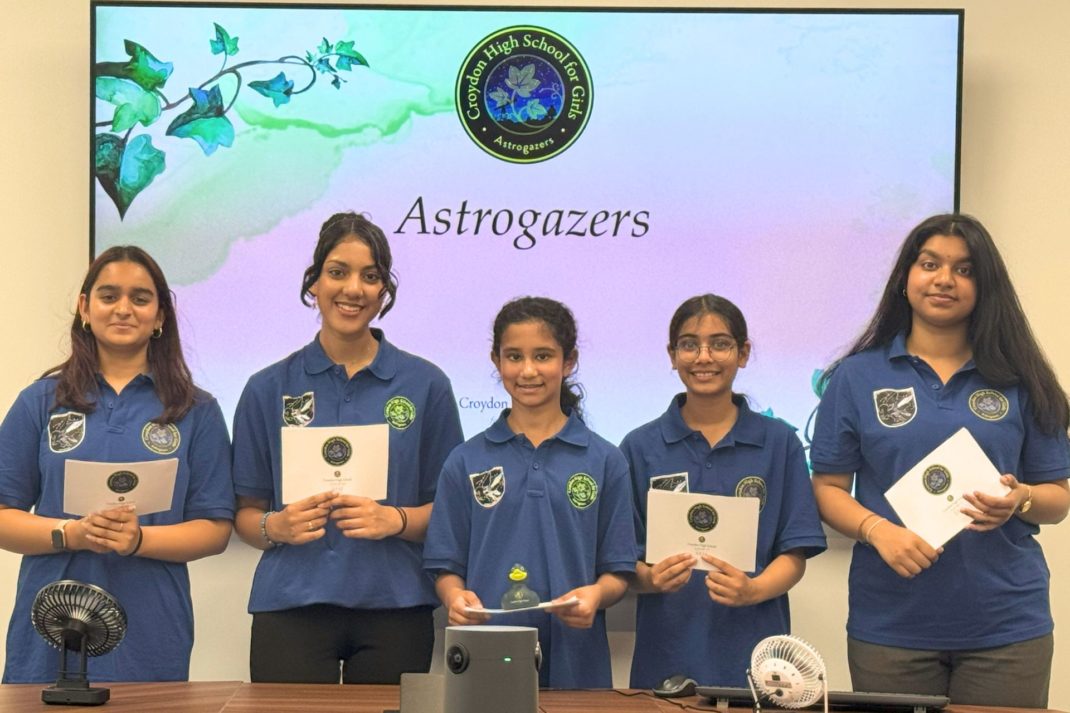From One Pandemic to Another
By
3 years ago

Nicholas Hewlett, headmaster at St Dunstan’s College, tells us why the mental health crisis in our young people has now been exposed for what it is.

Scratch the surface of any school and it won’t take you long to discover that Covid 19 has left an unenviable legacy on our nation’s young. Latest reports from NHS England show that more children than ever are being referred for serious mental health problems, and a new report published this week by Place2Be found that 95% of school staff have seen an increase in anxiety levels.
Lockdown created a perfect storm for a social-media-obsessed youth culture, now drawn to rely upon their handheld devices, tablets and desktops more than ever. The facilitator that unlocked the prison of their homes quickly became the psychological crutch onto which was pinned their need for social interaction and normality. What was, pre-pandemic, becoming a run-away train of need for immediacy, escapism and perfection, quickly became a juggernaut.
I was recently asked whether I thought our experience of remote learning will trigger a shift in the educational paradigm; a move towards replacing teachers with robots, the self-generated acquisition of knowledge, the ability to acquire information whilst being in your bedroom with a head-set on. My answer was and remains that I very much hope not.
For if this pandemic has taught those of us in education anything at all, it is the desperate, deep-seated, innate need for young people to be in each other’s company. Not through Zoom, Teams, Snapchat or Instagram, but with each other. Sensing each other, absorbing emotion, support, affinity, and love, by being physically close to one another.
This is laid bare as a critical component of young adulthood, growing up and shaping healthy identities. We have learnt that, without it, young people find life intolerably difficult. The rise in self-harm, suicidal ideation and other associated mental health challenges has been extraordinary and real, and the lasting impact of it will not be properly understood for some time.
So, as we learn to live with Covid-19, I very much that hope we will continue with on-site education. The vaccine programme and regular lateral flow testing have made this possible, despite ongoing waves of infection. But we have more work to do than to presume that young people will just ‘bounce back’. There is unravelling that needs to be done.
We need to understand the extent of tech addiction, the scarring that has taken place by being removed from in-person friendship and human contact, and the realities of being cooped up with the same people day after day. And this whole rhetoric around the post-war generation ‘getting on with life’ is an entirely unhelpful comparison, in my view. There is nothing comparable to the isolation and social media elixir that has filled that craving for our young people through each successive period of lockdown.
Perhaps if there is to be a shift in the educational paradigm it will, at last, ask the country to sit up and listen to the real purpose of education. That the primary purpose of education cannot and must not be about the parcelling up of knowledge to be regurgitated into an exam room for computers to mark. Not to narrow down our curriculum, stripping out creativity and content to tick more boxes and jump more hurdles.
But to go back to what the Romans termed mens sana in corpore sano – a wholesome education that prioritises liberal thought and broad educational values, developing well rounded, humane and interesting people, who are at one with themselves and the diversity of life that surrounds them. Not young people bound up in anxiety, glued to a smartphone and trying to memorise the next set of equations for a Maths test, the use of which will then be buried within a decaying recess of the mind for the next 50+ years.
Here’s hoping.

See St Dunstan’s online listing here.



